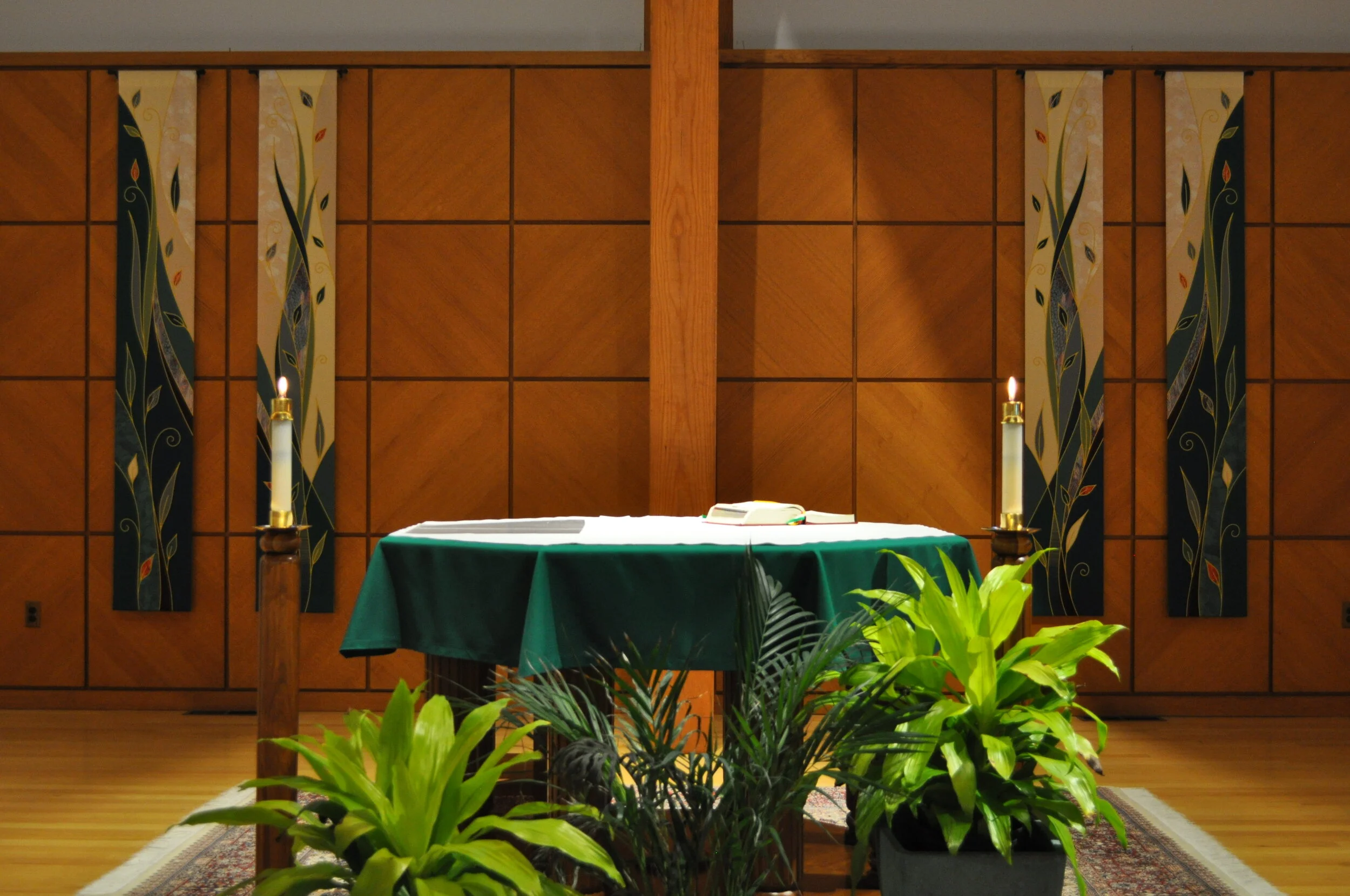
Who am I supposed to listen to?
Week 7: Dignity of Work and the Rights of Workers
There is no one definition of work.
Work is anything we do for the good of our society. It comes from the gifts we are given as children of God. Work is our way of “continuing participation in God’s creation” (USCCB).
“The LORD God then took the man and settled him in the garden of Eden, to cultivate and care for it” (Genesis 2:15).
Every one of us has work to do.
For some, that means a paid job that allows them to take care of their family financially. For some, it’s the unpaid work of taking care of the family and home. For some, it’s volunteer work that supports their church, school, or society at large.
Just because work isn’t paid doesn’t mean it isn’t work.
We must respect all workers and recognize their human dignity, regardless of the work they do.
I’m a nurse. I know it takes many people in many different roles to care for a person in the hospital. Some of those people are very visible—like nurses and doctors. When we think of a hospital, we think of those nurses and doctors.
But some work is almost invisible—like the work housekeepers and clerks do.
The COVID-19 pandemic has opened my eyes to the importance of each of these roles. Without the nurses and doctors in the ICU, people would die. Without the housekeeper who sanitizes everything, more people would get sick. And without the clerks who answer phones, people would be left in the dark about the status of their loved ones.
Visible or invisible, all work has value and dignity.
“...all jobs are equal, and no occupation is considered superior. Whether a job requires physical labor or intellectual labor, every job carries dignity” (St. John Paul II, Laborem Exercens).
People have a right to work, and those who work have rights.
We must recognize the dignity of work by ensuring that all work is rewarded with “just wages and benefits.” All workers should be paid a just and living wage (Mt 20:1-16). Workers must have “decent working conditions,” as well as the right to “organize and join unions or other associations” to create better working conditions for themselves and others (USCCB, A Catholic Framework for Economic Life).
So what can we do?
We must speak out against unjust political and social systems that put profit before people.
We must defend the rights of workers who are organizing to create a better life for themselves.
We must advocate for an end to wage disparity.
God, help us use our power as consumers and voters to ensure the dignity of work is respected. May we urge business owners and policymakers to place the dignity of the human person at the center of all economic decisions. Amen.
Where do I see the dignity of work and the rights of workers being violated? Where do I see it being protected?
How will my purchasing and voting choices impact whether the rights of workers are violated or protected?
Let’s spend this week thinking about it.
Modern Catholic explores the seven principles of Catholic Social Teaching and how they can guide our lives today. Join us next week to learn about the sixth principle—Solidarity.
Delve deeper with the resources at the top of the page.
Just now joining us? Check out previous weeks below:
Want to explore past weeks’ resources?

